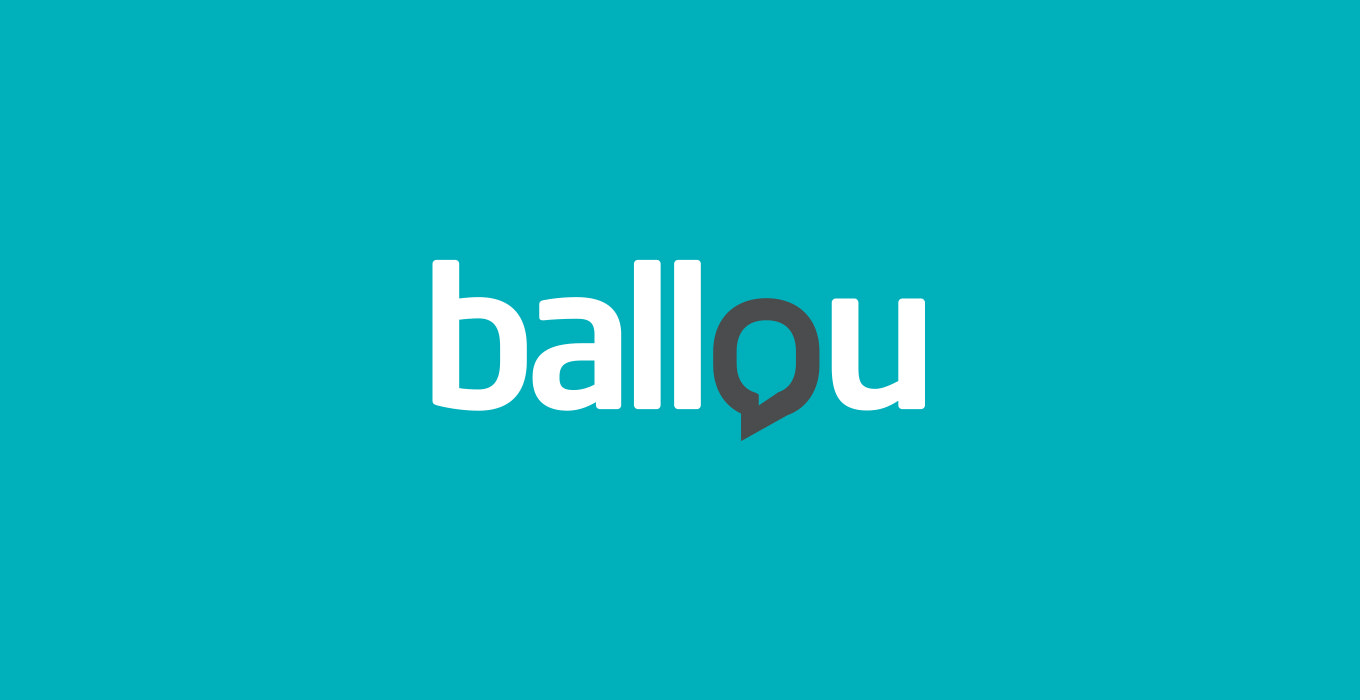Tortoise Media has produced the Responsibility 100 index of the UK’s biggest companies, inspired by how these organisations matched up against the United Nations’ sustainable development goals.
While sustainable development is obviously vital, bearing in mind that according to the UK Health and Safety Executive more than half the sick days in Britain are taken due to work-related stress, anxiety and depression, as employers our own responsibility index should focus on helping our employees avoid being physically damaged by their careers.
This is not hyperbole. Studies show that “burnout” (feelings of demoralisation, fatigue, and irritability) may precipitate a fatal heart attack or stroke, or prompt chronic illnesses such as type 2 diabetes or dementia. The European Journal of Preventive Cardiology’s research* has shown that people suffering with these symptoms associated with work stress have a 20% higher than normal risk of arrhythmia, which increases the risk of stroke and heart attack. Post-stroke or cardiac episode, if your stress continues you are more likely to suffer another one.
Permanent fatigue and stress increase our production of stress hormones which can damage heart tissue and increase inflammation throughout the body. A study in Denmark** found that workers with strong burnout symptoms were 30% more likely to develop type 2 diabetes.
Worryingly, there’s no quick fix here. Those with burnout can often still show symptoms 18 months after conditions have changed. It’s not just older people that are affected; stress and the demands placed on responses and effectiveness are the key components, not the age or status of those affected. Late diagnosis and treatment also means that exposure to these stress hormones can actually change brain chemistry and give sufferers a negative world view which has a hugely damaging effect on their entire lives, not just their careers.
There are protective measures we can take as individuals to avoid burnout. Manage expectations, be assertive about your needs, report damaging situations or relationships, take advantage of flexible working and respect your own health and self-care. All of these though rely heavily on a responsible employer.
Taking our share of responsibility for the well-being of our colleagues and employees is essential. It’s not easy, it’s nothing to be complacent about and as the world of work evolves so quickly it has to evolve with it. A glib mention of “work-life balance” in a job ad or mission statement is not going to cut it. Acknowledging our part in it and taking that responsibility could literally be a matter of life and death.
*https://journals.sagepub.com/doi/full/10.1177/2047487319898022
**2017 Journal of Psychosomatic Research

